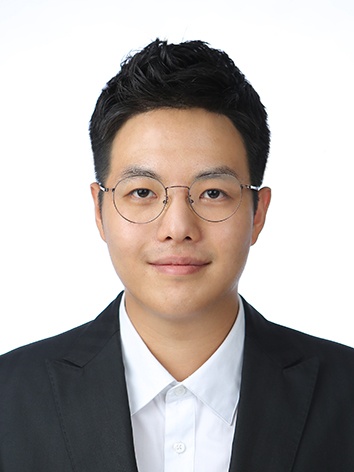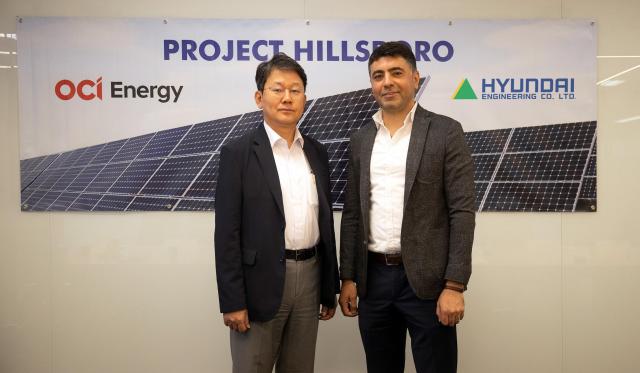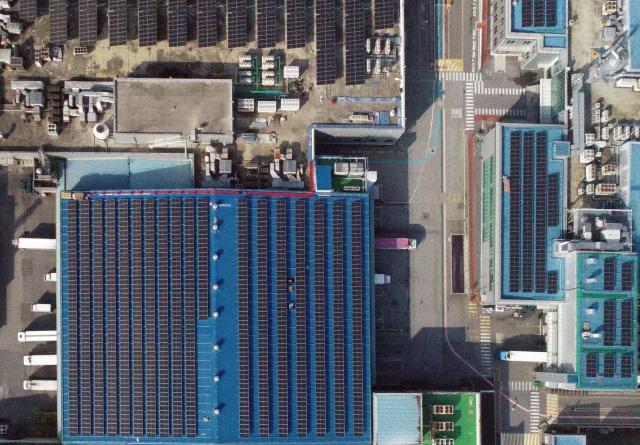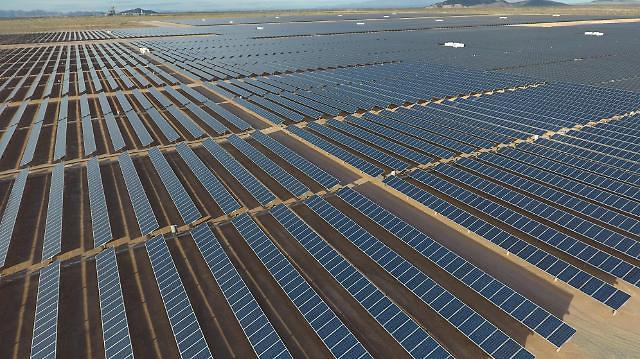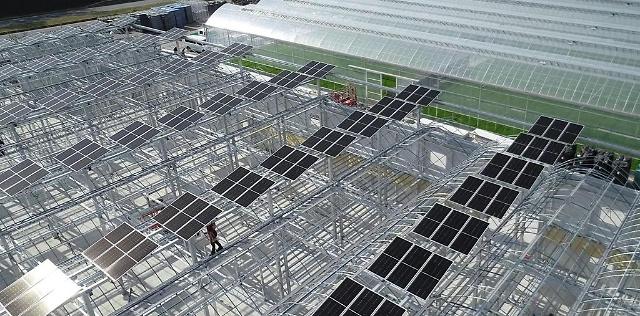
[Courtesy of Hanwha Solutions]
A smart farm is an automated indoor farm created by combining information and communication technology (ICT) with agricultural features. Since smart farms can automatically analyze the temperature, humidity, and amount of sunlight using the internet of things (IoT) technology, farmers can grow plants without having to worry about weather conditions.
Hanwha Solutions said in a statement that its low-carbon smart agricultural technology and solar-based smart farm model was showcased in Yangpyeong, about 30 kilometers (18 miles) east of Seoul, on June 22. The company cooperated with the National Agricultural Cooperative Federation (NACF) to build a smart farm center connected to facilities for rice planting, seedling, and vegetable cultivation on a 7,000 square meter (1.7 acre)-wide site.
Inside the center, equipment capable of managing agricultural crops was installed. Solar power generation facilities were placed on top of vinyl greenhouses. Electricity generated by a 64-kilowatt-class solution would be used for the smart farm operation. Hanwha Solution CEO Lee Koo-yung said his company aims to lead a business model that combines farming and electricity production.
"Responding to climate change and carbon neutrality are important issues in all countries in the world, and the integration of low-carbon and digital agricultural technologies into the agricultural field is a direction for our agriculture and rural areas to move forward," NACF vice chairman Lee Jae-sik said in July 2022 after signing an agreement with Hanwha Solutions to spread solar-based smart farm models nationwide.

